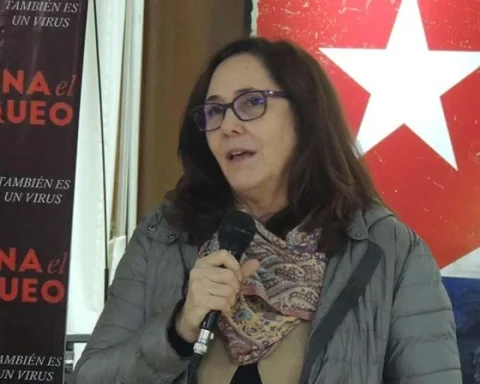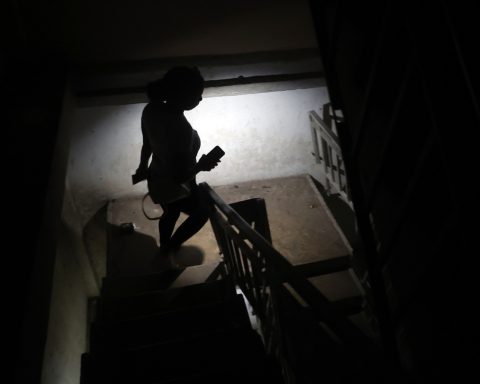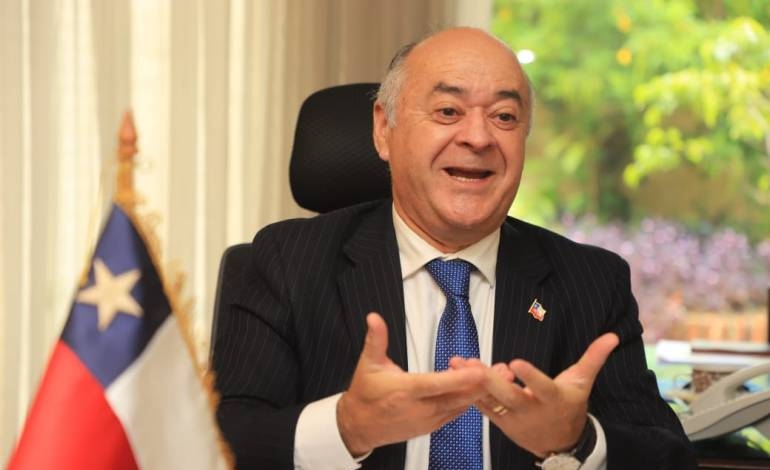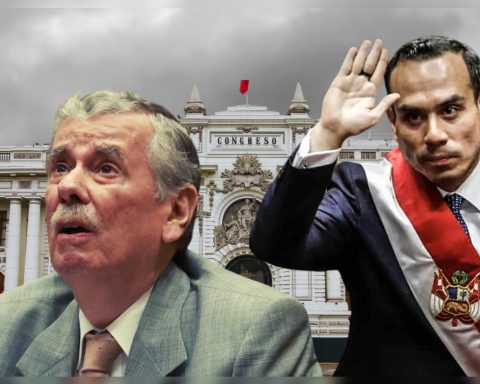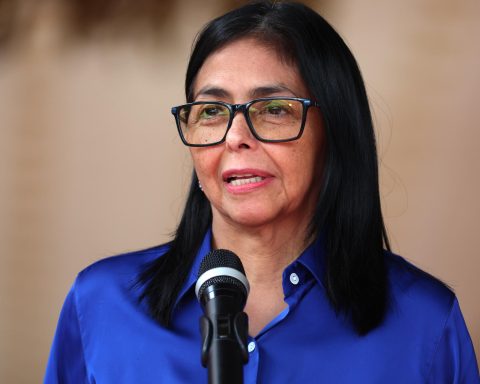Without thinking for a moment: to love. The new Code would benefit the affections, the social and family responsibility that emanates and is fulfilled from the love that engenders respect, balance, harmony.
Do you look at marriage with another lens? Yes, of course, with the lens of 2021, but it is not a Code to legalize same-sex marriage, as some have insisted on selling it. It is, yes, legislation to guarantee equal rights and duties for all the various families that exist, which are not someone’s invention, but a reality that colors life.
All the families… precisely because of that plural, our conversation began with Iris María Méndez Trujillo, Dr. in Legal Sciences and Associate Professor of Family Law at the University of Matanzas.
Why “families” and not “family” as it appears in the current code?
“Because it is necessary to recognize the different family typologies that contemporary society has. The family stopped being mom, dad and baby. There are many: the single-parent family, in which an adult, generally the mother, brings up the children; the homoaffective family, which is the one derived from the union between people of the same sex; Very common is the assembled or reconstituted family, the one that arises when a widowed person or divorces and brings, to a second union, children of the previous one, who are raised by related fathers or mothers (commonly called stepfathers and stepmothers); there is also the extended family, one in which grandparents, uncles, cousins, etc. are united in the same home.
“All these typologies are very common in Cuba today and the draft guarantees the duties, rights, obligations and responsibilities in each one of them. What stands out mainly is the affection that cannot be lacking in any type of family and that is part of the Constitution. The 2019 constitutional pronouncement offers affection a legal character and that is perfectly reflected here. “
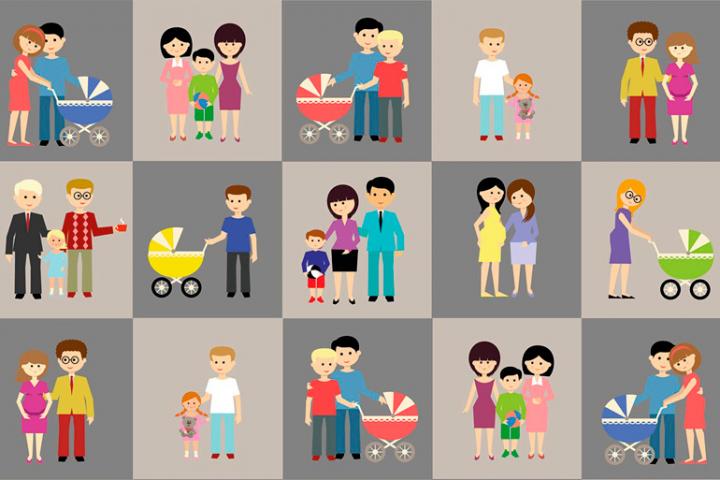
What is most talked about in relation to the Draft Bill is marriage between people of the same sex. Is that the only contribution on gender that the new legislation proposes?
“Society has focused on opposing the code on the issue of homo-affective couples and the adoption of those couples. However, what constitutes a family is not the gender of its members, but a family dynamic that works with respect, with affection, with balance.
“The current Code, for example, gives the mother a preferential right to choose guardianship and care, it puts it in black and white: in case of separation, it is the mother’s preferential right. The blueprint puts mother and father on the same level, which is how it should be. Life shows that there are as good mothers as fathers. That is why I am going to talk to you again about affection as a paradigm that the code raises, for me in each new institution that the code is relating, affection is what prevails. If there is no affection, no family typology works.
“The code, in each institution that is prescribing, each triumph of each of those institutions is subject to affection. Another example that makes it superior in this sense is that the Code of the year 75 does not include anything related to violence intrafamiliar, although it is evident that this has existed since time immemorial and the Draft does take it into account “.
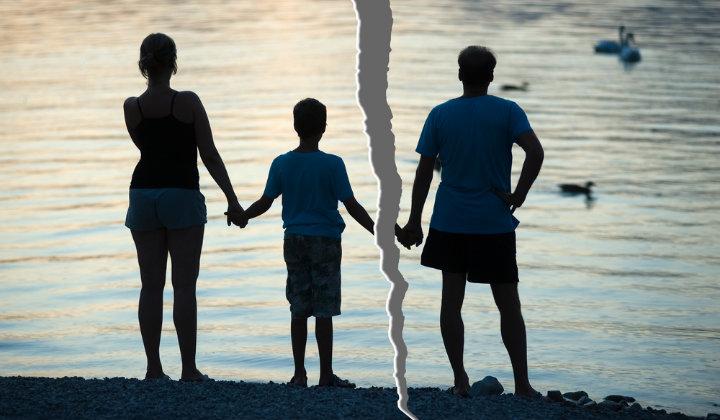
And specifically in relation to marriage, what other important changes does it introduce?
“The patrimonial regime in marriage, as it is included in the preliminary draft, breaks, for the better, with the schemes that we have in the current code. Today there are enormity of conflicts in the courts liquidating a matrimonial community of goods; number of people who acquire property with namesakes so that they are not from the matrimonial property community, because the Code of 75 says that everything that is acquired onerously in the marriage belongs to both, unless one of the spouses says that it is only of the other. Even, most likely, more than one sale purchase has been hidden behind a donation so the spouse is not entitled.
“The draft gives all the options in the world for the couple to agree and before marrying, agree as they want their economic regime. What are we each going to bring to the marriage, how are we going to organize it and consign it in a pact that, even after we are married, can be varied, it is not something rigid, it is not limiting. It gives you possibilities to define, to take care of your own economy and to take care of your health as a couple. The divorce rate in Cuba is very high and situations of this nature have occurred in almost every family; After a divorce, as a rule, there is a conflict: what is mine, what is yours, what do you leave me, what do you take with you. The legislation gives the opportunity to define what we want and then, by mutual agreement, if we want to change it, there is no problem, so that what maintains a marriage is not property or the fear of losing it.

There are also variations regarding the recognition of de facto union …
“In the 1975 code, marriage is recognized and, in the absence of it, a judicial process: the recognition of a non-formalized marriage union. There are people who live their whole life together but never married, they can even have children, if one of the two dies, so that the other can inherit it he has to go to court, to a process of recognition of non-formalized marital union to demonstrate that they have been a couple, that they have had a stable and singular union.
“This code breaks with this scheme because marriage is a voluntary act of consent. If we did not give it in life, why are we going to give it after death, if we did not give it in peace why are we going to give it in war, because it can also be the case when there is a separation and there are patrimonial interests. Always for patrimonial interests because if not, it does not make any sense.
“This code recognizes marriage as the union between two people, without distinguishing sex, and recognizes the affective de facto union, which is made official before a notary, and will recognize rights, responsibilities and obligations to marriage other than de facto union. Each institution is going to have a personal content and a different patrimonial content ”.


